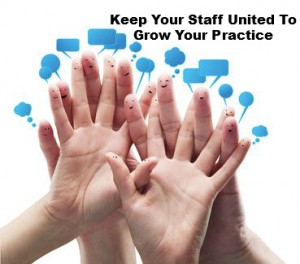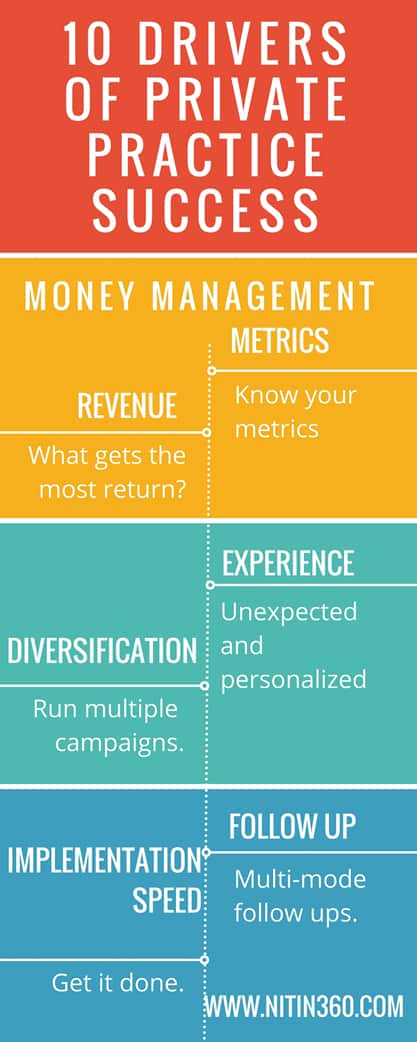The “Midas Touch”
I watched one of my all-time favorite business interviews once again, in which Anthony Robbins interviews Steve Wynn, owner of the Wynn hotel (and others) in Las Vegas. I’ve written about this interview and it’s implication to your physical therapy business private practice.
Anthony Robbins asked Wynn about the importance of the ‘human experience’ that guests experienced at the Wynn hotel, and what it took to remain competitive in the current economy. Steve Wynn’s answer was reflective of his ‘midas touch’ with which he helped redefine the spirit of Las Vegas and ended up in the Forbes 500 list with a personal net worth of $2.5 billion.
This interview, and key insights from visionaries around us, can help you create your own ‘midas touch’ as we move forward through 2016 for physical therapy business.

Steve Wynn also revealed insights such as “My dad taught me to stick to simple ideas, and this has kept me a happy, happy person” and “Anything that increases someone’s self esteem is much more powerful than money”.
As private practice owners, we tend to get wrapped up with questions such as “How much of a bonus should I give the staff” and “How do I get staff to put in more hours” and “What should the benefits be?”. Although these things are important, they are not the fundamental drivers behind staff motivation.
If you had a chance to read my article on 14 ways Amazon can help grow your practice from last week, you’ll realize that Jeff Bezos, CEO of Amazon, shares the same philosophy. In his interview (which you can watch in it’s entirety), Bezos mentions that members of Amazons customer service team have the authority to pull a product from the website if they detect problems like a high customer dissatisfaction rate, high refund rate etc. For a company as large as Amazon, this would, by most standards, be considered an surprisingly high amount of power for a customer support agent, traditionally low in the ‘food chain’.
 Imagine (and this is just an example) that your front desk person talks to a patient that just came in, and imagine that this staff member decides which of the available therapists should see the patient and assigns the patient to that therapist for an individual evaluation.
Imagine (and this is just an example) that your front desk person talks to a patient that just came in, and imagine that this staff member decides which of the available therapists should see the patient and assigns the patient to that therapist for an individual evaluation.
While this seems preposterous, it’s plausible. The front desk person doesn’t need clinical skills to make a determination that some patients would ‘click’ with a particular therapist based on their own individual judgement.
Now imagine that the physical therapist called just one physician a day to thank the for the referral and sent one hand written postcard a day to a patient thanking them for their commitment to therapy.
Now imagine that this staff member was publicly commended for doing so (during team meetings, for example). The chain reaction this would have for the rest of your practice can be significant.
Here are the steps to implement the ‘midas touch’ in your practice:
- Train your staff to always do what’s best for the patient
- Give the staff the independence to take decisions in your practice. For example, if a patient calls to cancel, and if the appointment cancellation fee needs to be waived, give your front desk the independence to do it.
- As a practice owner, demonstrate humility and always be willing to learn and get better
- Empower your staff by giving them confidence in the decision making process and praising them for the right actions, and constructive feedback on the actions that need to be improved upon.
Not only are you the ‘boss’ or ‘the one that signs the check’, you are the motivator, the leader, the person who inspires staff members to be the best they can be. The midas touch starts with you, and it will grow with you and spread to other staff members.
The question you should ask yourself is this:
Private practice is going to get even more competitive in the coming years. It’s critical for the practice to empower it’s staff members and create an ‘internal engine’ capable of sustaining growth. As a practice owner, you have a responsibility bigger and an even bigger opportunity because consumers will be watching everything you do. Every interaction with every staff member in your practice will mold the perception of your practice with patients, referral sources and the community.







